In the past few years, the medical industry has undergone significant transformation as a result of technological innovation. A few decades ago, the quality and accuracy of modern healthcare were unimaginable. However, now the pace of technological change in the healthcare industry is shifting tremendously resulting in a rapid rise in on-demand doctor app development.
This business model benefits not just consumers or patients but also physicians. The best feature is that customers may access medical advice and support from doctors remotely through a phone application. Users will find this to be a quick, inexpensive, and practical method of receiving top-notch medical treatment. In a nutshell, these doctor on-demand mobile applications are causing a stir in the current app industry as it promises medical aid in the most hassle-free and easy way.
Market Opportunities
- Grand View Research estimates that the worldwide mHealth industry would reach $112 billion by 2025 with a CAGR of 44.2%.
- Statista predicts that the digital healthcare market’s revenue would be mostly driven by mobile healthcare applications.
- According to Statista, the global market for mobile health is expected to grow from 2016 to 2025.
- In 2025, it is expected that the worldwide mHealth industry would have grown to around 333 billion US dollars.
What features should a doctor-on-demand app have?
Undoubtedly, the people who utilize a Doctor on Demand app are the ones who are in need of medical attention. However, as per mobile app developers in Gold Coast, a doctor appointment booking software has three end users: Users, Doctors, and Admins.
Must Have Features of Patient Apps
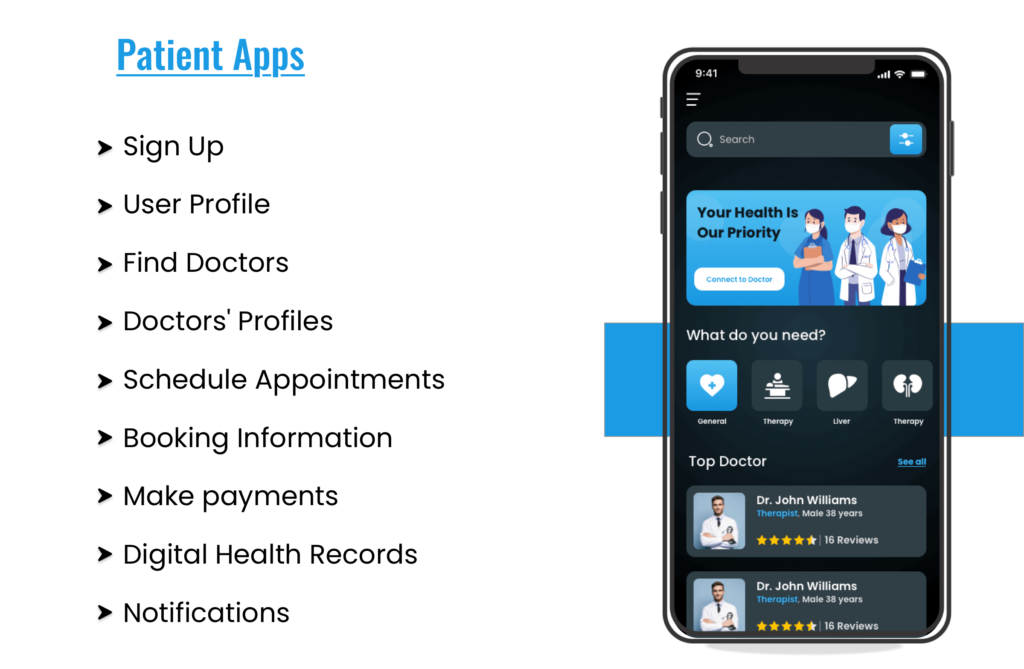
- Sign Up: Patients can enroll themselves online or by phone number or email. We advise using two-factor authentication, which includes SMS/voice/phone verification, as the app handles sensitive data.
- User Profile: Users may establish their own profiles and fill them up with information such as a profile photo, name, age, sex, address, and a list of their medical conditions.
- Find Doctors: Search for and learn about doctors using parameters such as specialization, education, ratings, and location.
- Doctors’ Profiles: Once a doctor has been chosen, the user should be able to examine the doctor’s profile, which should include information on the doctor’s specialty, address, consultation fees, email, phone, and open appointment times.
- Schedule Appointments: Patients may use a calendar to check the doctor’s availability and schedule an appointment by choosing a communication option (phone call, via chat, video calling, or in-person). It is possible to postpone or cancel the appointment.
- Booking Information: Allow patients to make reservations for themselves as well as dependant profiles for friends or family with the option to choose between an on-demand and a booked appointment.
- Make payments: Through the integration of various payment gateways, including cards, mWallet, net banking, etc., patients may make safe online payments.
- Digital Health Records: Patients can provide clinicians access to their medical records and other health-related information to aid in diagnosis and treatment.
- Notifications: Reminders (by email, SMS, or push) for patients’ impending appointments, prescriptions, payments, etc.
Must Have Features of Doctor App
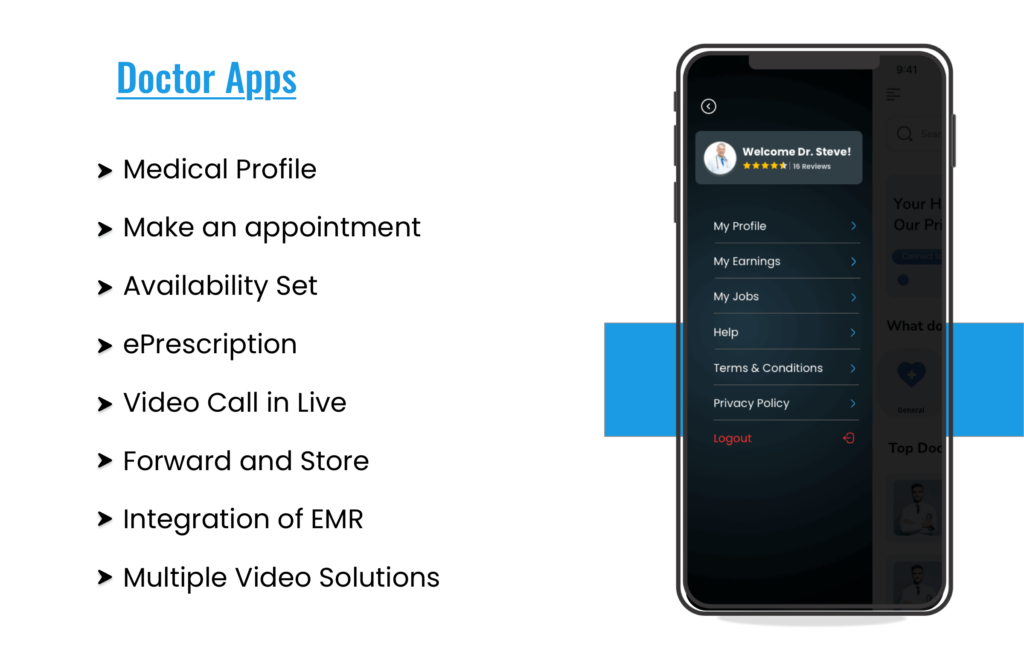
- Medical Profile: A doctor may establish a complete profile, and identify the locations of the clinics they serve, their availability hours, etc.
- Make an appointment: Patients’ visits can be scheduled by doctors based on their availability. A doctor can choose to refuse a patient’s request to be seen in a non-emergency circumstance or accept the patient if they are available.
- Availability Set: Doctors may activate on-demand availability features such as being available for a phone call, video chat, or home visit as well as change their availability status to online or offline.
- ePrescription: With the use of this function, doctors may give patients online prescriptions that are saved to one of two databases.
- Video Call in Live: Using video conferencing, doctors may add additional medical specialists to live video sessions with patients.
- Forward and Store: Doctors have access to safe storage and sharing of patient histories, pictures, and medical data.
- Integration of EMR: EMRs and patient histories can be integrated by doctors to enable smooth remote visits.
- Multiple Video Solutions: Doctors can interact with other specialists or their colleagues using this function as an add-on to conduct video conferences.
Admin Panel
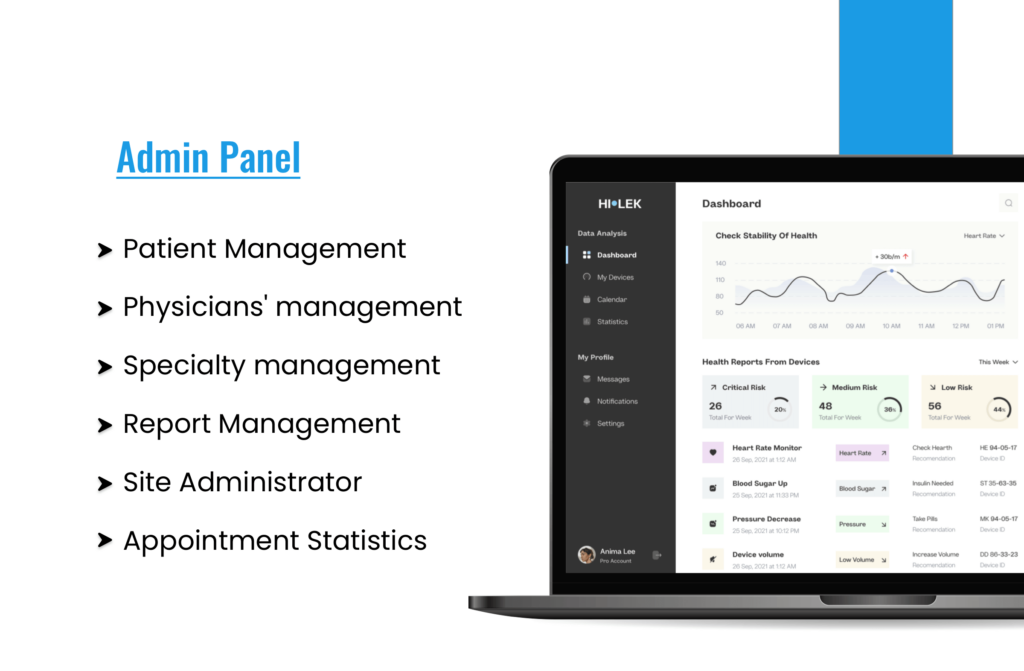
- Patient Management: Admin gets access to the whole patient profile, including their medical background.
- Physicians’ management: Admin may examine and control the specifics of the doctors, including their areas of expertise and classification.
- Specialty management: The admin can manage specialties, and appointment fees, verify their status, and take appropriate action by editing, making them active, or inactive.
- Report Management: Admin has access to all patient-specific reports. The administrator may view the total number of scheduled appointments, including canceled and ongoing ones.
- Site Administrator: Admin may view the overall number of clients, practitioners, clinics, and earnings.
- Appointment Statistics: Admin may view the overall number of appointments, as well as active, canceled, and completed appointments.
What Is the Cost of Developing a Medical Appointment App?
Developing an e-prescription app is influenced by a number of factors, including the location of the app development team and the accessibility of apps across several platforms, such as iOS, Android, and wearables.
- Location of the App Development Company:
The final cost of producing an app is significantly influenced by the geographical location of the chosen mobile app development firm. The cost of a developer per hour in the United States is from $150 to $250; in Eastern Europe, it is between $12 and 180; and in Asian nations, it is between $40 and 80 dollars. - Features Included:
The total cost of the e-prescription app is determined in large part by the amount of features it will include. The price for the doctor-on-demand app’s MVP (Minimum Viable Product) starts at USD $30,000. If the software needs to be developed for many platforms and has extensive functionality, the price will increase by more than $80,000.
Conclusion
As the impact of COVID-19 epidemic can still be seen all over the world, the old normal has been replaced by a brand-new one. The “new normal” has numerous new expectations, but the most crucial one is that everything will be brought to your door.
The notion of developing a smartphone app with assistance from a mobile app development company in Gold Coast that links patients with doctors is an excellent idea and should be implemented as soon as feasible.

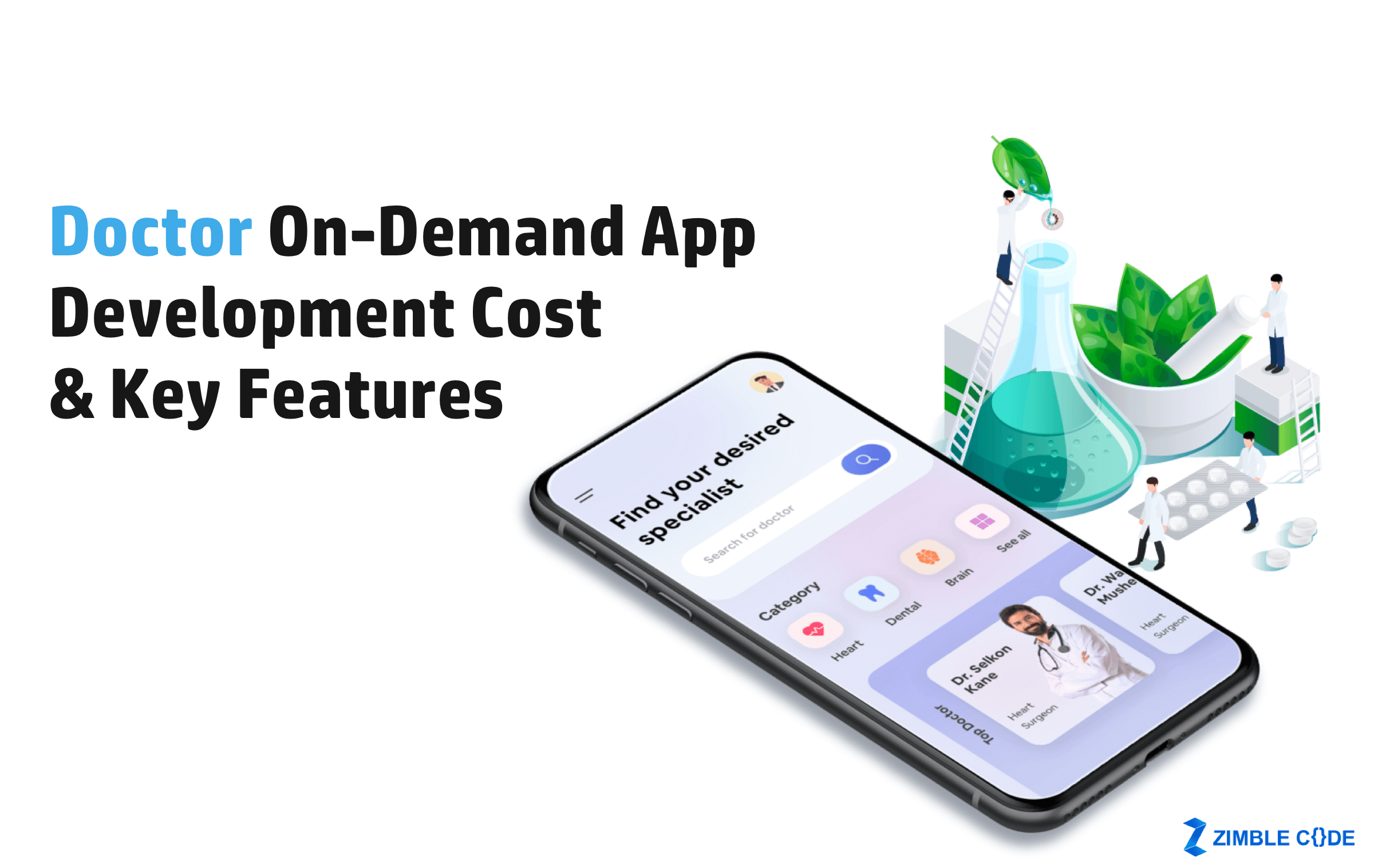
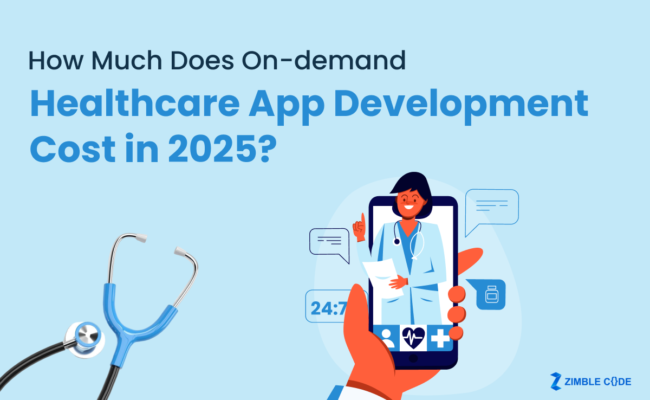
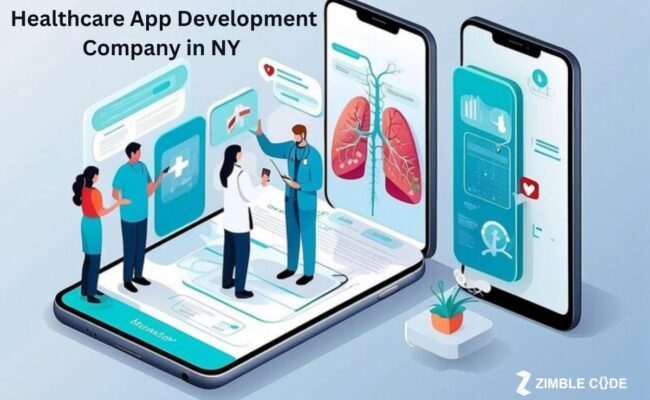
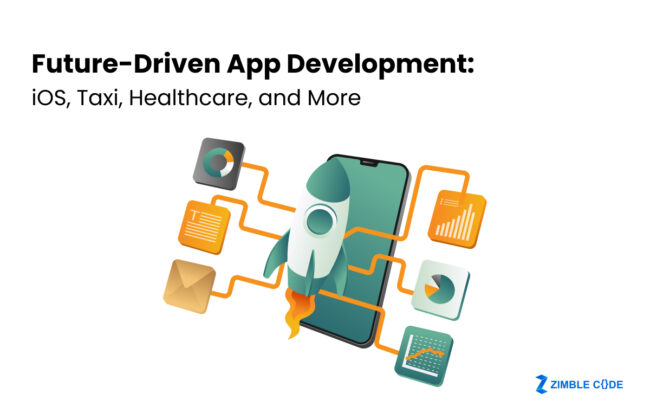
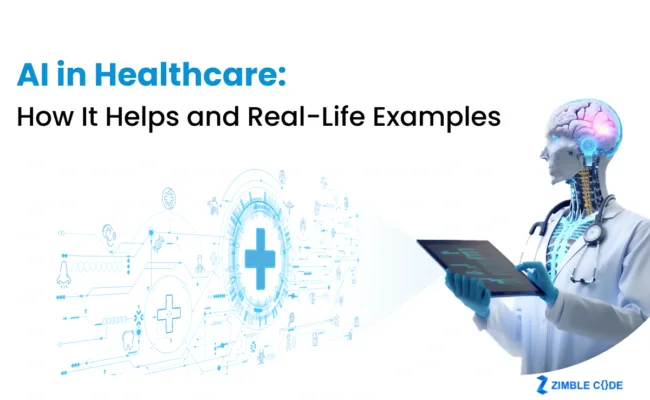
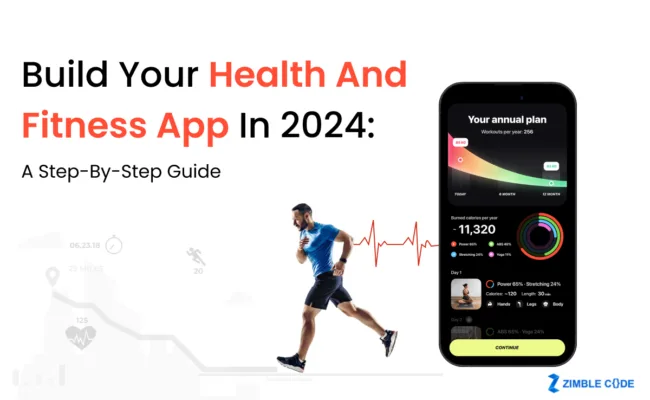

Leave A Comment